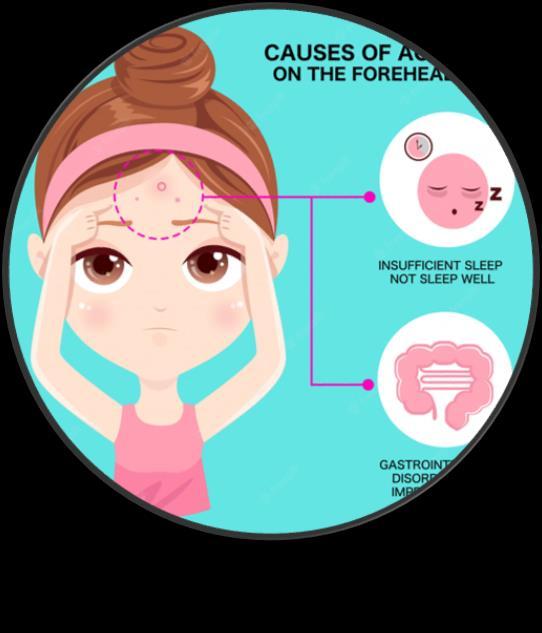Ephuraoalabs


How zinc for acne can help your skin look better.
Summary


• Acne is a common skin condition that affects many millions of people worldwide. Acne, blackheads, and whiteheads appear on the face, neck, chest, and back. Complex and multifaceted elements, such as hormone shifts, heredity, food, and environmental influences, all have a role in the development of acne.



PICOLINATE OF ZINC AND ACNE
• When zinc is in the form of zinc picolinate, which is zinc bound to picolinic acid, the body can absorb zinc more readily. By lowering inflammation, preventing Propionibacterium acnes (P. acnes) bacterial development, controlling hormone activity, boosting the immune system, and encouraging collagen formation, zinc picolinate is thought to be able to improve acne.





Inflammatory acne


• This form of acne is characterised by the development of painful, swollen, and red pimples. Inflammation brought on by bacterial infections of the blocked pores is what causes these.


• Large, uncomfortable, and deep cysts that form on the skin are the hallmark of cystic acne. If these cysts are not adequately treated, they may become pus-filled and leave scars.

Hormonized acne





• This type of acne, which frequently affects the lower face, jawline, and neck, is brought on by hormonal changes, especially those involving androgens (male hormones).

REASONS FOR ACNE


Acne is caused by a number of factors, including: hormonal adjustments Increased amounts of androgens (male hormones) throughout adolescence may cause the skin's sebaceous glands to generate more oil, which can result in clogged pores and acne. Acne in women can also be brought on by hormonal changes, especially during menstruation and pregnancy.



Genetics: Acne can run in families, and some genetic predispositions may increase a person's risk of getting the disorder.

Dead skin cells and an oily buildup


• Dead skin cells and sebum, an oily substance produced by the sebaceous glands of the skin, can mix to clog pores.

• certain medicines Acne can be a side effect of some drugs, including lithium and corticosteroids.


• Diet: Eating foods with a high glycemic index, chocolate, and dairy items may exacerbate acne.
• Environmental factors: Because they clog pores and inflame them, pollution, oil, and other environmental chemicals can aggravate acne.
ZINC'S BENEFITS FOR ACNE
The mineral zinc is essential for maintaining the health of the skin and for curing acne. When zinc is in the form of zinc picolinate, which is zinc bound to picolinic acid, the body can absorb zinc more readily. It can be purchased as a topical gel, cream, or lotion, as well as an oral supplement.





Zinc's anti-inflammatory effects are one of the key ways this metal might help treat acne. Zinc has been discovered to lessen the redness, swelling, and soreness connected with acne, which is a significant contributor to the development of the ailment.

Antibacterial qualities


Zinc's antibacterial properties can also aid in the treatment of acne.

Propionibacterium acnes (P. acnes), a skin-dwelling bacterium, has been connected to the development of acne.
P. acnes' development has been discovered to be inhibited by zinc, which may contribute to a decrease in the amount of zits and other acne lesions.

PICOLINATE OF ZINC
In the US, Ephuroalabs Zinc


Picolinate is a popular nutritional supplement. Ephuroalabs Zinc
Picolinate is a NON-GMO, lactose, gluten, and nut-free zinc supplement that increases the generation of white blood cells, which strengthens the immune system.



www.ephuroalabs.com info@ephuroalabs.com


























